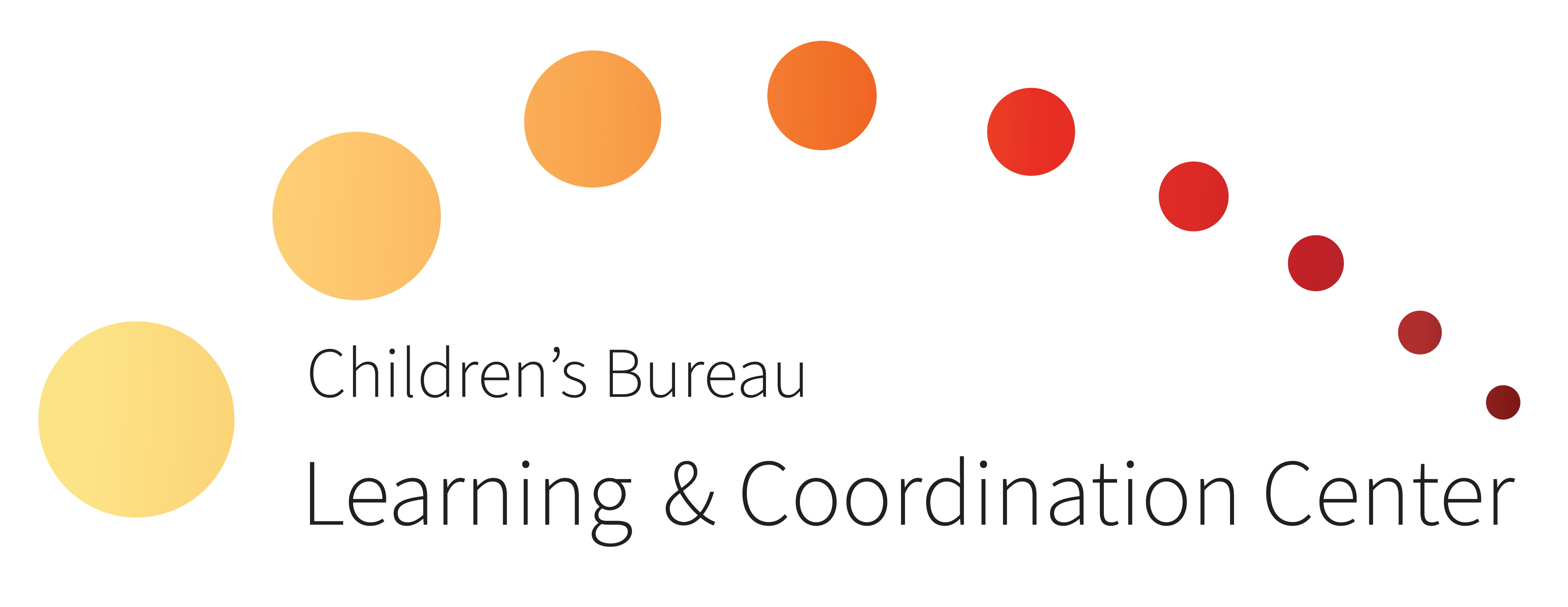News from our Federal Partners

Expand Support for the Prevention Services Program
New policy details the federal administrative funding available to help families get to and engage with prevention programs.
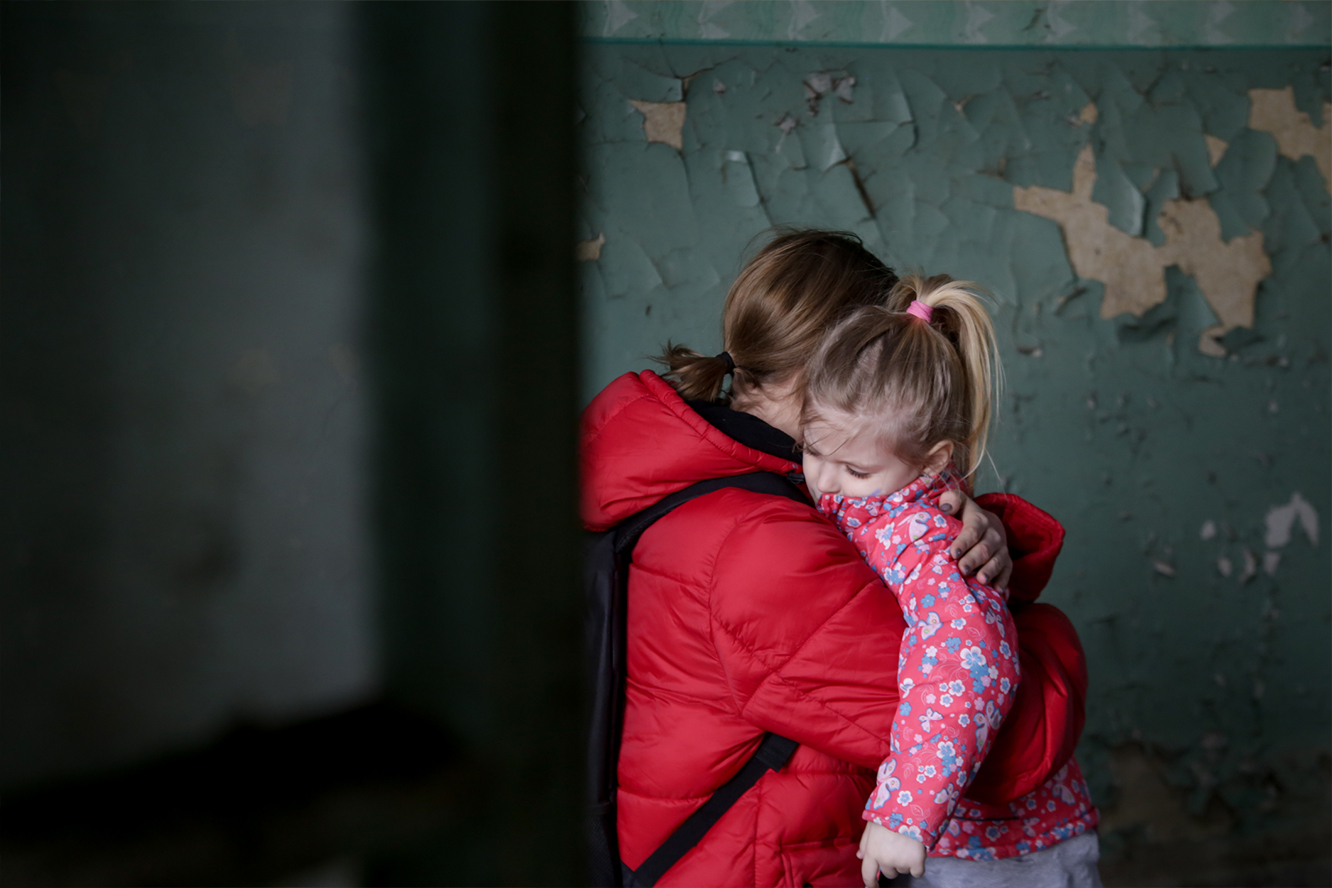
Separating Poverty and Neglect
New federal policy encourages states to update their maltreatment definitions to exclude from neglect the inability to provide adequate housing, child care and other material needs if the family has insufficient financial means to do so.

White House Fact Sheet
Learn more about how the Biden-Harris Administration has been working to improving child and family well-being by keeping families together safely.

Using Demographic Data to Improve Equity in Child Welfare
This brief summarizes practices related to collecting detailed demographic data—such as race, ethnicity, sexual orientation, gender identity, and gender expression—and other data to enhance equity in child welfare.
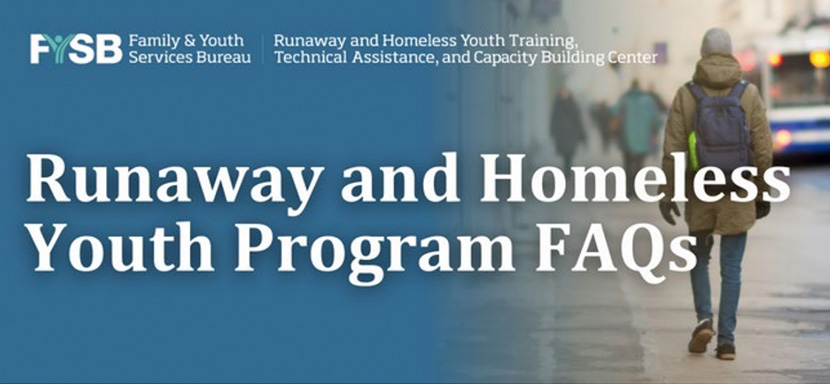
Runaway and Homeless Youth Program FAQs
Learn more about Runaway and Homeless Youth Programs administered by the Family and Youth Services Bureau.

New Programs Added to the Title I-V E Prevention Services Clearinghouse
Three new programs have the research base to be included in the Prevention Services Clearinghouse. This brings the total list of programs designated as promising, supported, or well-supported to 79.

Just Funded: National Center for Enhanced Post-Adoption Support
The National Center will serve as a hub for post-adoption expertise evidence-informed training and technical assistance to support states, tribal nations, and territories (STTs) as they develop and implement culturally responsive, comprehensive, and accessible post-adoption services.
New CDC Tracker Can Help Families Plan for Hot Days
Hot days can affect anyone. If you are pregnant, are a child or teen with asthma, or have a heart condition or other chronic health conditions, heat can make your health worse. This new CDC tool can help you plan for heat risk. Just enter your zip code to see the heat risk for cast for your area.
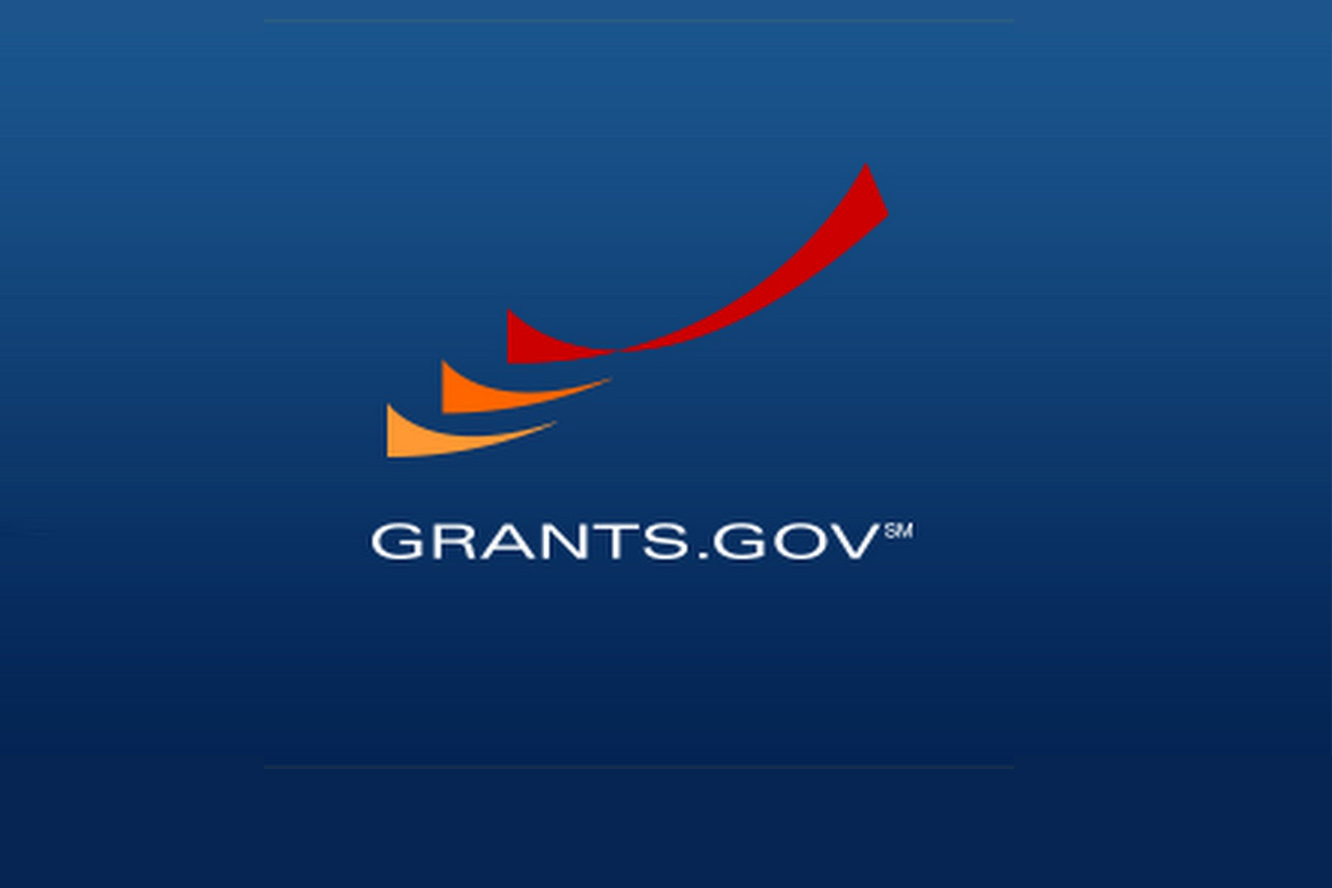
What's in the Forecast?
The Children's Bureau has several new funding opportunities in the funding forecast for next year. These include a National Resource Center for Community-based Child Abuse Prevention and new funding for Best Practices to Strengthen Family Support in Child Maltreatment Reporting and Prevention.
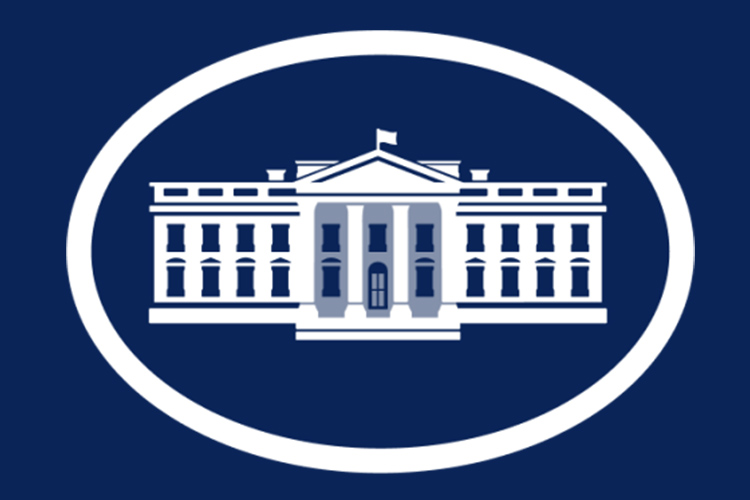
NCAPM Proclamation
April is National Child Abuse Prevention Month. Read the Biden-Harris Administration Proclamation.

New Federal Information Memorandum (IM) on Human Trafficking Among Children and Youth in Foster Care
The National Center for Missing and Exploited Children (NCMEC) estimates that 19 percent of children and youth who ran away from foster care likely experienced sex trafficking. This new information memorandum elevates resources to help states in meet legal requirements to protect children and youth in the child welfare system from negative outcomes associated with human trafficking. The IM provides an overview of federal statutes related to human trafficking among children and youth in the child welfare system, highlights resources to meet those requirements and provides guidance, best practices, recommendations, training, and technical assistance.
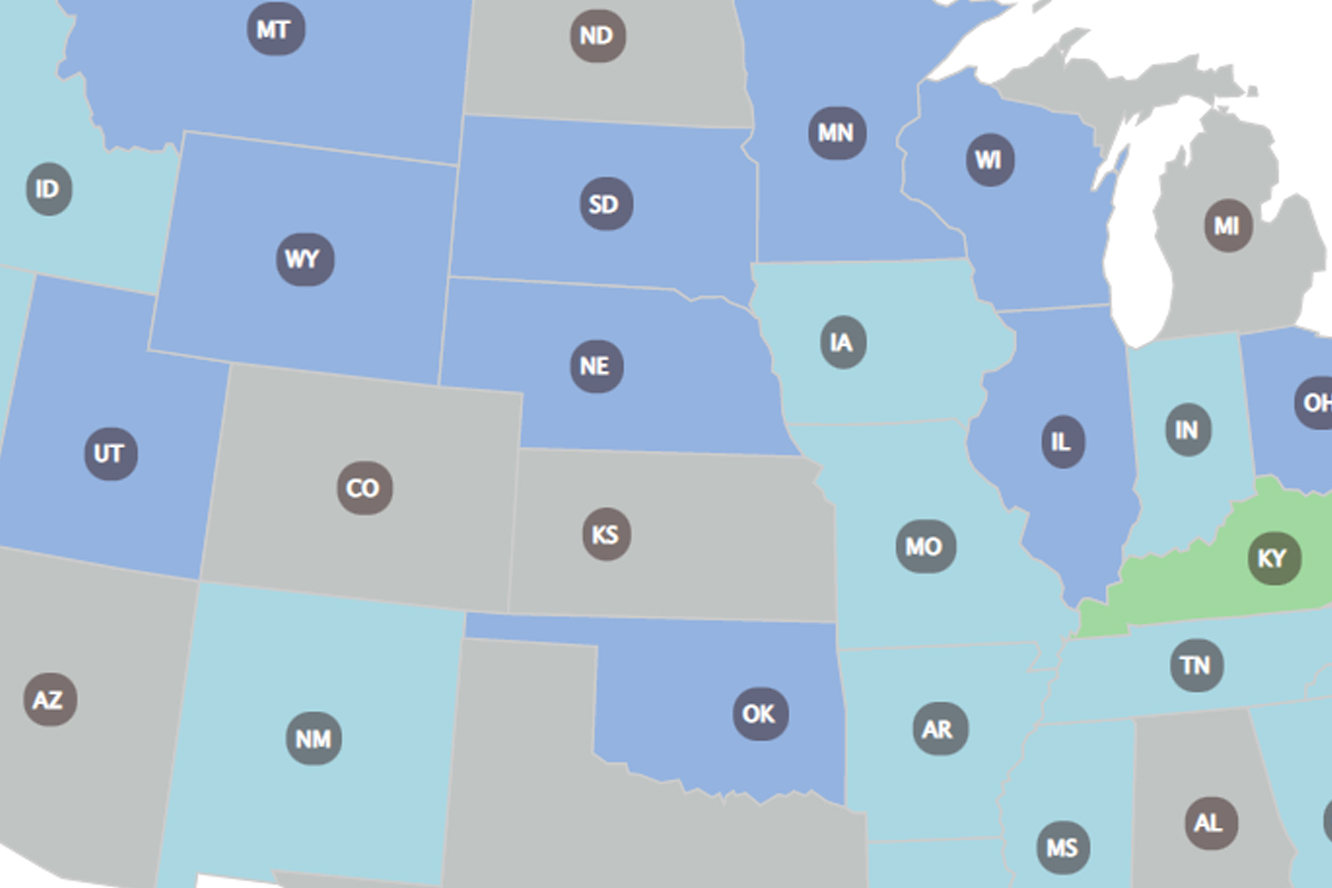
How TANF Funds Were Spent in FY2020
In fiscal year (FY) 2020, combined federal TANF and state MOE expenditures and transfers totaled $31.6 billion. Of that amount only 22.3 percent was spent on basic assistance. Want to know where the money went? Explore the national and state data in detailed tables, pie charts, and an interactive map.
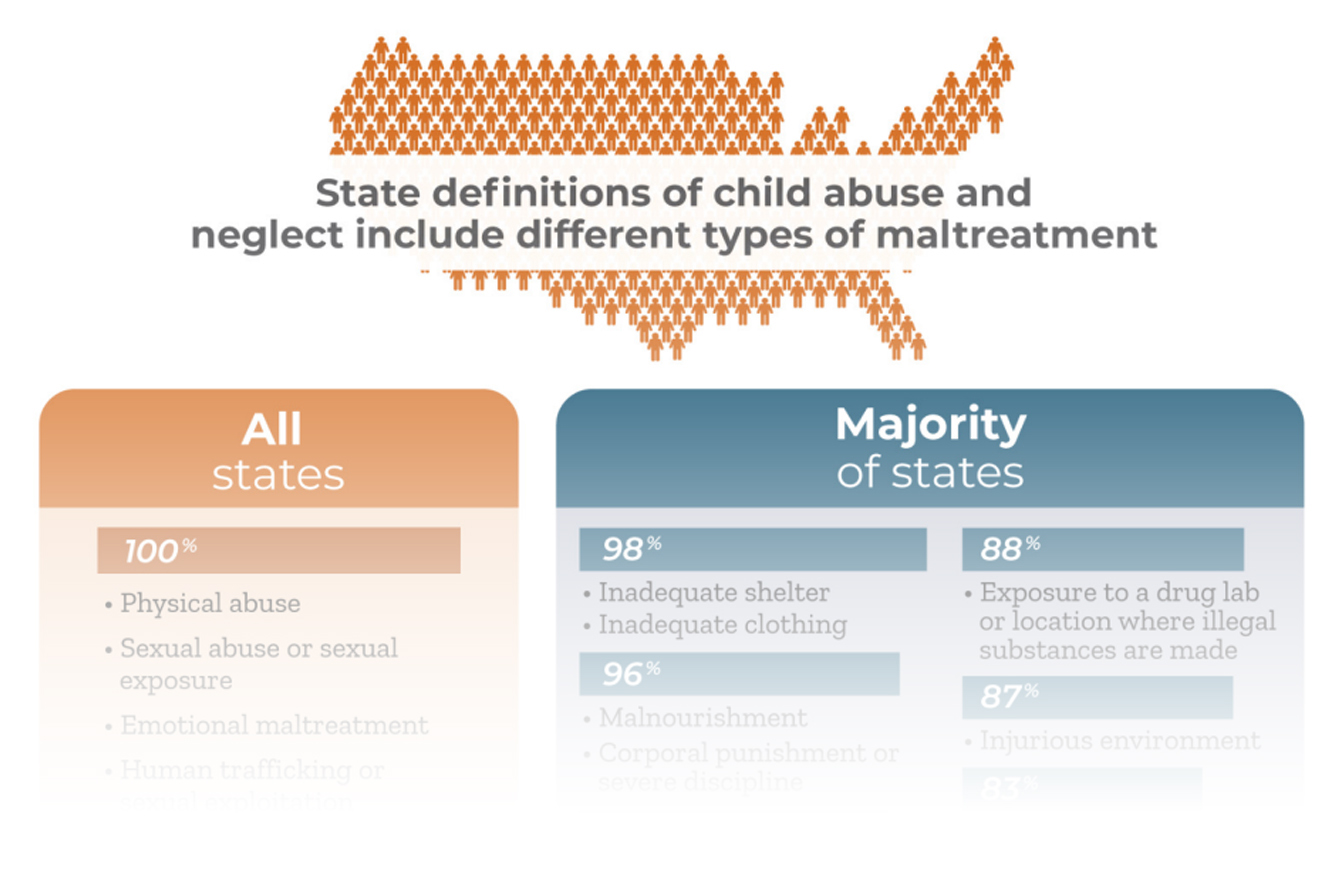
New Fact Sheets from the State Child Abuse and Neglect (SCAN) Policies Database
Four new fact sheets from the State Child Abuse & Neglect (SCAN) Policies Database summarize key aspects of states' child abuse and neglect policies, including defining, reporting, screening for, and investigating child maltreatment.

Enhancing Equity in CW Through Data
OPRE is proposing a new information collection to understand how and to what extent data are used to explore equity in service delivery and child and family outcomes, to identify barriers or problematic data practices, and to explore efforts by child welfare agencies and their partners to use data to reduce barriers across the continuum of child welfare services.

New ACF Letter Highlights Importance of Supporting Children who Have Lost a Parent or Caregiver
Losing a parent or a caregiver is a life-changing event. Supporting children & families who have experienced loss is deeply embedded in the work we do at ACF. @ACFHHS published a list of resources that can help partners support children experiencing loss: https://www.acf.hhs.gov/caregiverloss. Want more guidance? Watch our Digital Dialogue.

Mobile App Connects Individuals Impacted by Substance Use with Help
The newly released CheckDEC app, available in English and Spanish, connects drug-endangered children, families, and professionals to information on substance use, crisis helplines, treatment information, supportive resources, and services within their area.
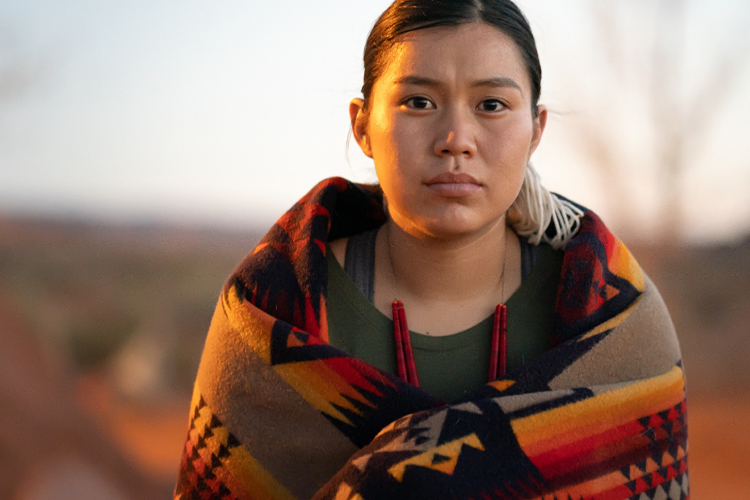
Support for Tribes Around Human Trafficking
The Human Trafficking Capacity Building Center works with federally recognized tribes to develop approaches that align with cultural values while honoring and respecting American Indian and Alaska Native (AI/AN) practices. The Center helps tribes: (1) build their capacity to aid all victims of human trafficking, (2) navigate the broad range of resources available to support their missions, and (3) strengthen their human trafficking service network.

Empowering Youth in Foster Care
Teens in the child welfare system may find it to be lonely and disconcerting at times. Dealing with past trauma, feeling unheard and misunderstood, and the looming fear of aging out can all be scary to them. The Children’s Bureau has compiled a collection of resources to share with teens as you help them prepare to make decisions for their future.

New National Curriculum for Foster and Adoptive Parents Released
This comprehensive, no-cost curriculum tackles separation, loss, grief, trauma, and differences of race and culture in adoption and foster care, offering adoptive, kinship, and foster parents culturally relevant and flexible education to empower them over the course of time and at the right time.

Being Anti-Racist Is Central to Trauma-Informed Care
A new resource from the National Child Traumatic Stress Network offers actionable principles and strategies that organizations can implement to move toward fundamental transformation around equity, healing, and justice.

CDC approves Coronavirus vaccines for children from 6 months to 5 years
Working with families with young children? New resources are available to help you talk with them about the new coronavirus vaccine available for children 6 months to 5 years old. Get shareable resources and outreach tools from https://wecandothis.hhs.gov/.

New ICE policy to ensure that non-citizens can maintain visitation for minor children
ICE Directive 11064.3, Parental Interest of Noncitizens Parents and Legal Guardians of Minor Children or Incapacitated Adults, ensures that when a parent or legal guardian is arrested or detained for a civil immigration proceeding, the noncitizen can maintain visitation with their child or incapacitated adult for whom they serve as guardian, coordinate their care, and participate in any related court or child welfare proceedings.
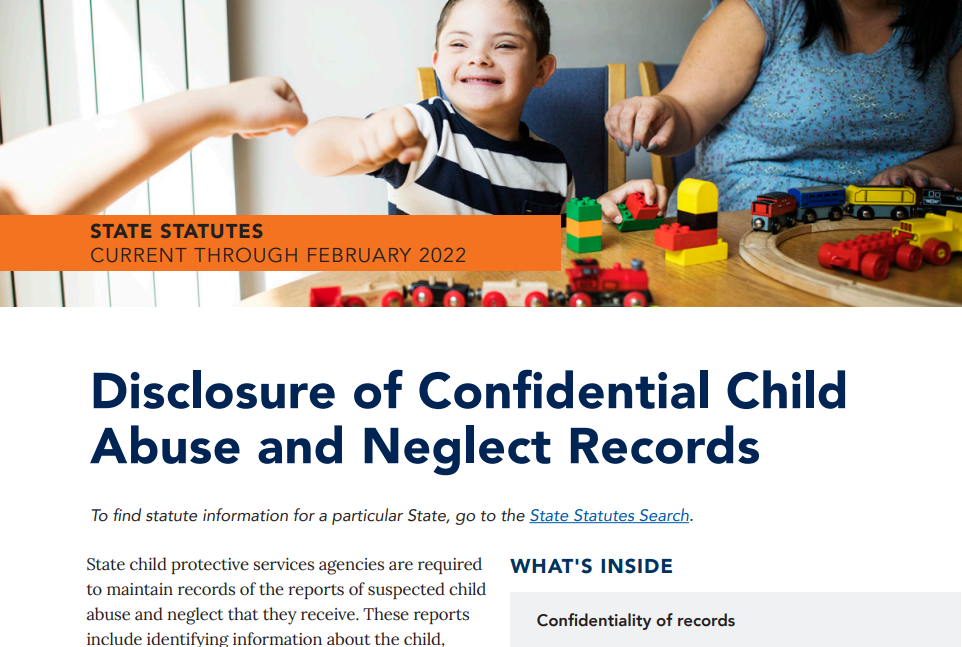
Disclosure of Confidential Child Abuse and Neglect Records
Overview of State laws that designate the officials and entities that may have access to the confidential records, under what circumstances, and the appropriate use of confidential information. Summaries of laws on this topic for all individual States and U.S. territories are available from the Statutes Search page.

Prevention Services Clearinghouse Releases New Program Ratings 
Prevention Services Clearinghouse has just released program ratings for nine new programs or services, bringing the total number of reviewed programs up to 109. Check it out!
https://preventionservices.acf.hhs.gov/

988 Suicide and Crisis Lifeline
Use 988 to access the Lifeline, a national network of over 200 crisis centers equipped to support those having a mental health or suicide-related crisis.
